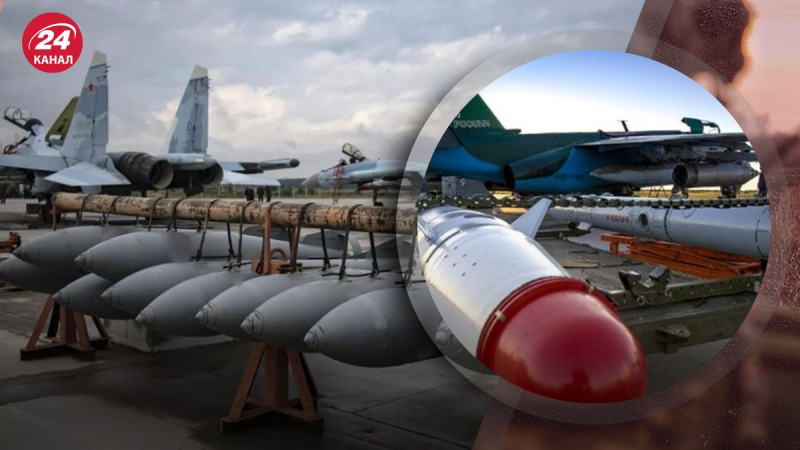Pilots are saving themselves: why more and more KABs are falling on the heads of Russians Anzhelika Galesevich The air bombs that Russia is trying to launch at Ukraine are increasingly falling on its own territory. In just one year, almost 40 Russian KABs failed to reach their target. The Russian authorities call such cases “abnormal convergence of ammunition,” although sometimes they are not aware of them. If previously a shell was dropped at a distance of 40 kilometers the points where you need to get to are now more than 80 kilometers away. But even despite this, as ex-SBU employee Ivan Stupak explained to 24 Channel, there are imperfections in the planning and correction modules. According to Stupak, most of the “abnormal convergences of ammunition” occur < strong>due to the action of the Ukrainian air defense, this was also confirmed by the military command. They explained it as follows: when the Russian pilot flies up to the position where the KAB needs to be dropped, it falls into the coverage area of our air defense system, namely the Patriot system, and they feel it because the radiation is very powerful. The air bomb weighs from 250 kilograms to 3 tons. The enemy plane turns into a large truck that cannot maneuver. The first thing the pilot does is drop the “goods” and quickly descend to avoid being hit by Ukrainian air defense. Then they return back. What is interesting is that the Russian military command does not always know about such “freelance gatherings”. After all, Russian pilots say: “Yes, everything was reset, everything is okay.” And there, no one will be able to check whether there was an accidental “discharge of ammunition”, or whether the pilot dropped it because he fell into the air defense coverage area, emphasized Ivan Stupak. 
How Russian pilots save themselves
Pilots Save Themselves: Why Are CABs Falling on Russians' Heads More and More Often?
68
previous post

